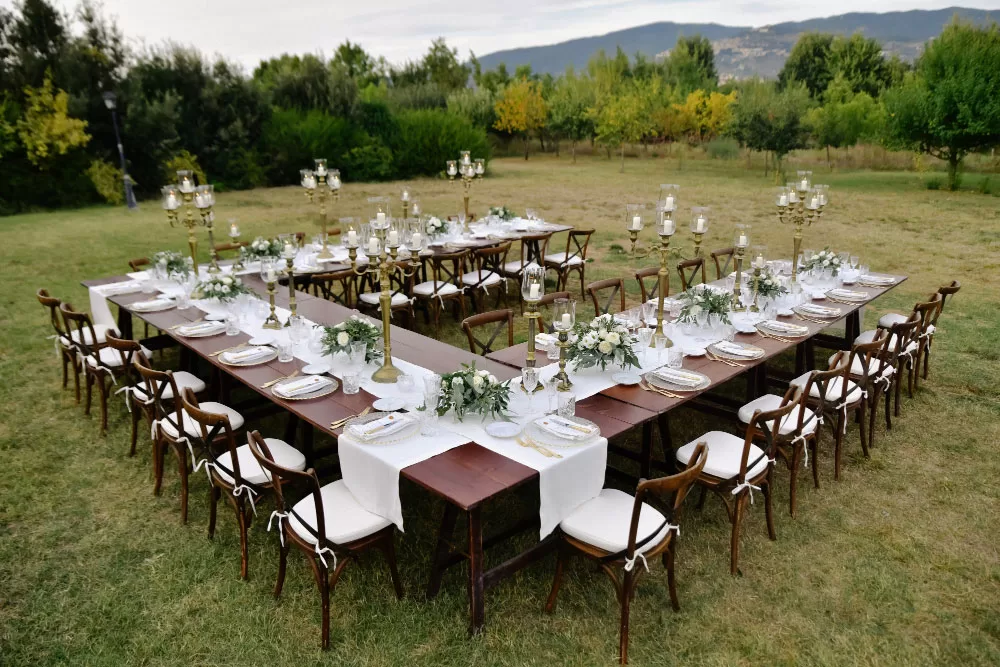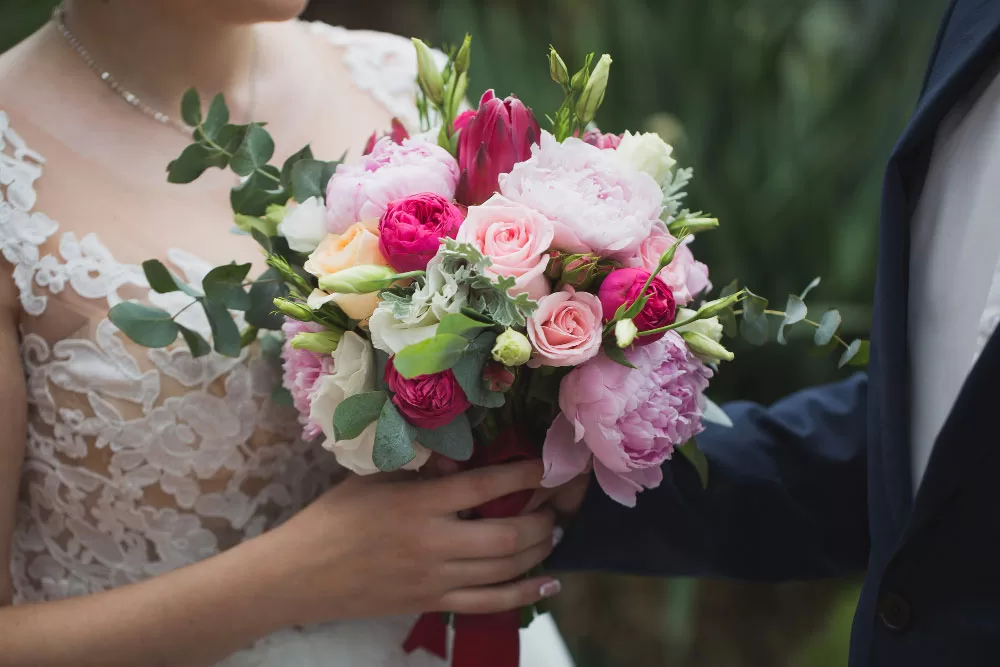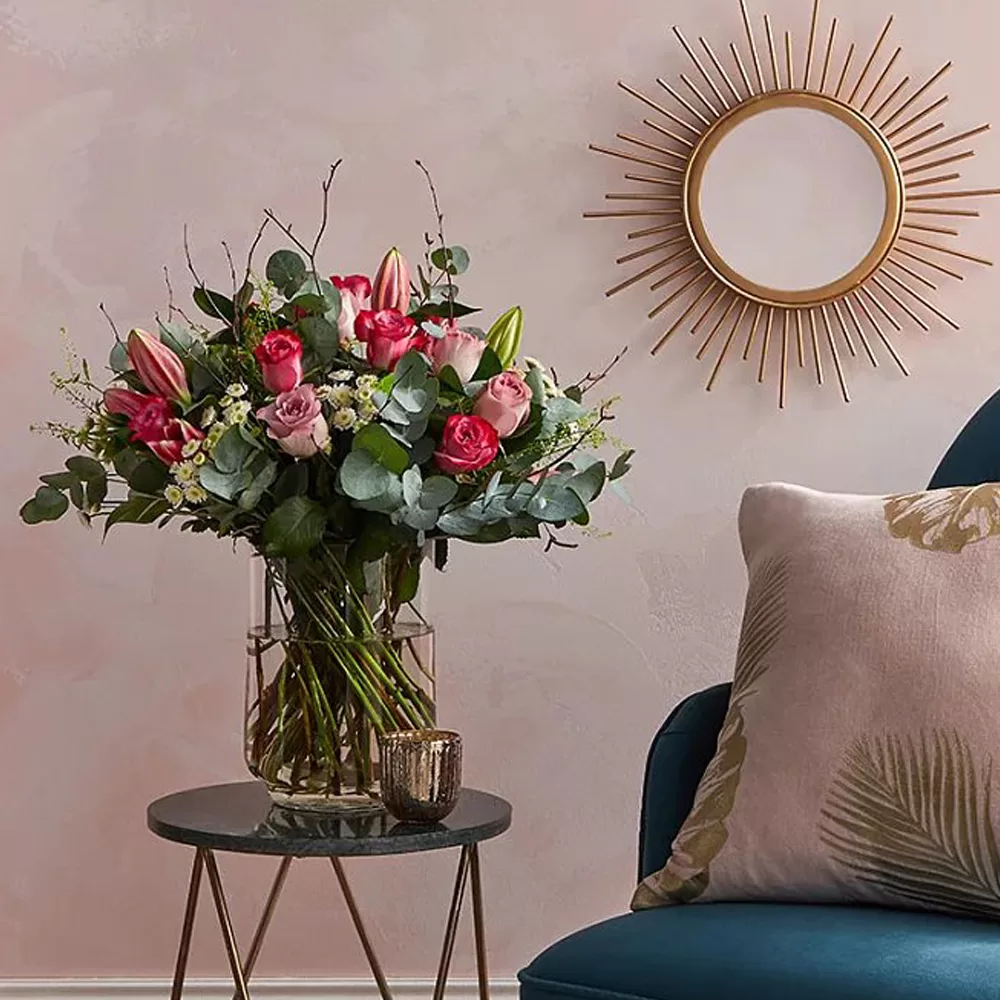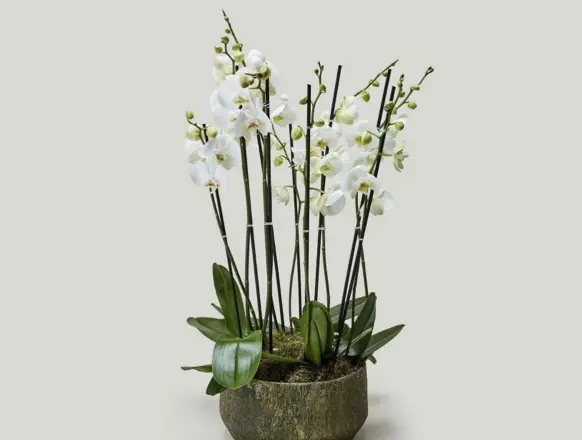Table of Contents
ToggleThe Lasting Appeal of Flowers
Before discussing specific occasions, it’s worth understanding why flowers remain timeless gifts. Their natural beauty, fragrance, and transience create a sense of authenticity and sincerity. Unlike many material presents, flowers offer a sensory experience. Colours, shapes, and scents each convey subtle meanings—red for passion, white for purity, yellow for friendship, and pink for admiration. This symbolism allows you to customize your gift to the emotion you wish to express. It shows time and care were taken to choose something beautiful and meaningful.
1. Birthdays
Birthdays are celebrations of life itself, and flowers are a perfect way to highlight someone’s individuality. While it’s common to choose bouquets based on favourite colours or varieties, a more meaningful approach is to select blooms connected with birth months or zodiac signs.
- January: Carnations, symbolizing admiration and love.
- February: Violets, representing faithfulness and loyalty.
- March: Daffodils, embodying rebirth and new beginnings.
- April: Daisies, reflecting innocence and joy.
Alternatively, you can choose according to age milestones. For example, attractive tulips or gerberas for a 21st birthday bring energy and optimism, while elegant orchids or roses may be more fitting for milestone birthdays like 40 or 50, suggesting sophistication and respect. Including a handwritten card boosts the gesture.
2. Anniversaries
Few occasions are as intimately tied to flowers as anniversaries. Roses, particularly red or deep pink, remain classics for romantic celebrations, but different years of marriage carry their own floral traditions:
- 1st anniversary: Carnations, symbolizing young, passionate love.
- 5th anniversary: Daisies, representing fidelity.
- 10th anniversary: Daffodils, celebrating renewal.
- 25th anniversary: Irises, conveying faith and hope.
If you’re unsure, consider mixed arrangements of seasonal flowers in your partner’s favourite colours, accented with greenery for depth. Orchids and lilies are excellent for couples who prefer understated elegance, while sunflowers can symbolize a bright, enduring relationship.
3. Weddings
When gifting flowers for a wedding, consider the overall theme and palette of the event. Whites, creams, and soft pastels such as blush roses or hydrangeas are traditional, exuding purity and grace. Lilies, peonies, and gardenias are also favoured for their romantic symbolism.
If you’re a guest, sending a bouquet to the couple’s home before or after the wedding, rather than bringing it on the day, is often more convenient. For culturally specific ceremonies, research is important; some cultures associate certain colours or flowers with mourning rather than celebration. This extra attention shows respect and enhances your gesture’s impact. Many florists now present curated collections under the theme ‘flowers for every occasion,’ simplifying the process of selecting arrangements that perfectly complement each milestone.
4. Graduations
Graduation marks the peak of hard work and a new chapter of life. Bright, bold blooms best express congratulations and excitement. Consider:
- Sunflowers for positivity and success.
- Irises for wisdom and admiration.
- Tulips for new beginnings.
A mixed bouquet featuring vibrant reds, yellows, and purples conveys energy and achievement. Pairing flowers with a practical gift, such as a framed certificate holder, can create a memorable token of encouragement for the graduate.
5. Sympathy and Condolences
Sending flowers during times of loss is a sensitive yet powerful way to express support. The goal here is to offer comfort, not draw attention. Whites, creams, and muted tones are most appropriate. Common choices include:
- Lilies symbolize the restored innocence of the departed soul.
- White roses, representing reverence and remembrance.
- Chrysanthemums, which in many cultures signify mourning.
A simple hand-tied bouquet can be suitable depending on your relationship to the bereaved. Always include a thoughtful message and ensure delivery timing respects any religious or cultural customs.
6. Get Well Soon
Flowers can uplift spirits and add warmth to a hospital room or a loved one’s home. For get-well gifts, choose bright, cheerful, and non-fragrant blooms (since strong scents may be overwhelming in clinical settings). Ideal choices include:
- Gerberas for cheerfulness.
- Daisies for optimism.
- Alstroemeria for resilience and friendship.
Arrangements in compact vases are practical for bedside tables. Adding a note of encouragement helps transform the bouquet into a true gesture of care.
7. Thank You and Appreciation
A bouquet is a gracious way to say “thank you” to a friend, colleague, or client. The best options depend on the tone you wish to strike:
- Pink roses for admiration and gratitude.
- Yellow tulips for cheerful appreciation.
- Mixed seasonal bouquets for a casual yet thoughtful gesture.
For professional settings, a neutral arrangement with whites, greens, and subtle pops of colour feels appropriate and elegant without being overly personal.
8. Housewarmings and New Beginnings
Moving into a new home, starting a new job, or launching a business are all milestones that benefit from supportive gestures. Potted plants or long-lasting arrangements are particularly thoughtful here because they symbolize growth and continuity. Consider:
- Orchids for beauty and refinement.
- Peace lilies for harmony and prosperity.
- Succulent gardens for low-maintenance charm.
These gifts not only beautify a space but also carry symbolic wishes for the recipient’s fresh start.
Seasonal and Cultural Considerations
While flower meanings are relatively universal, seasonal availability and cultural significance should guide your choices. For example, chrysanthemums are linked to death in many European and Asian cultures, but in Australia, they are commonly given for Mother’s Day. Likewise, red roses are romantic in Western contexts but may be less suitable for formal or business occasions in other regions.
Opting for seasonal flowers ensures freshness and affordability. In spring, tulips, daffodils, and hyacinths are abundant; in summer, sunflowers, dahlias, and zinnias shine; in autumn, chrysanthemums and marigolds are plentiful; and in winter, amaryllis and hellebores bring warmth. Flowers for every occasion help to choose arrangements that match the season, honour cultural sensitivities, and make every gesture feel thoughtful and appropriate.
Personalizing the Gesture
Beyond flower types, the presentation makes a difference. Elegant wrapping, a stylish vase, or a personalized note elevates even a modest bouquet. For close friends or family, you might include a flower that holds a personal memory, perhaps the variety from a first date, wedding bouquet, or a garden you once shared. This thoughtfulness transforms a generic gift into a cherished souvenir.
For corporate gifting, consider arrangements branded with your company colours or presented in reusable containers. This blends professionalism with creativity and can leave a lasting impression on clients or partners.
Tips for Choosing and Sending Flowers
- Know the recipient’s allergies or preferences. Some people are sensitive to pollen or fragrances.
- Coordinate delivery timing. For events like weddings or funerals, punctuality matters.
- Add a heartfelt message. Even a single sentence can make your intentions clear.
- Work with reputable florists. They can advise on freshness, seasonal options, and arrangements.
Flowers are more than decorative; they’re powerful communicators of sentiment. From joyous milestones to sombre occasions, the right bloom at the right time can strengthen relationships and create lasting memories. By understanding the symbolism, context, and presentation of flowers, you elevate your gesture from a simple gift to a meaningful expression of care. If you’re congratulating, comforting, or simply brightening someone’s day, selecting flowers thoughtfully ensures your message resonates beautifully. Taking the time to choose the perfect bouquet is a great way to show you truly care about someone.






